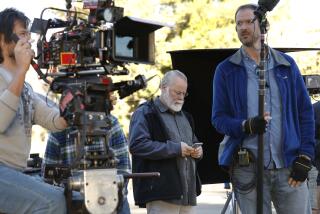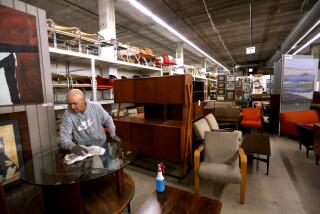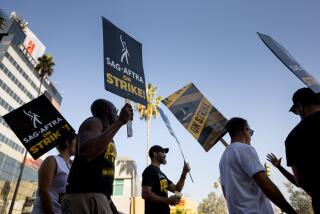What’s needed for Hollywood to get back to work safely?
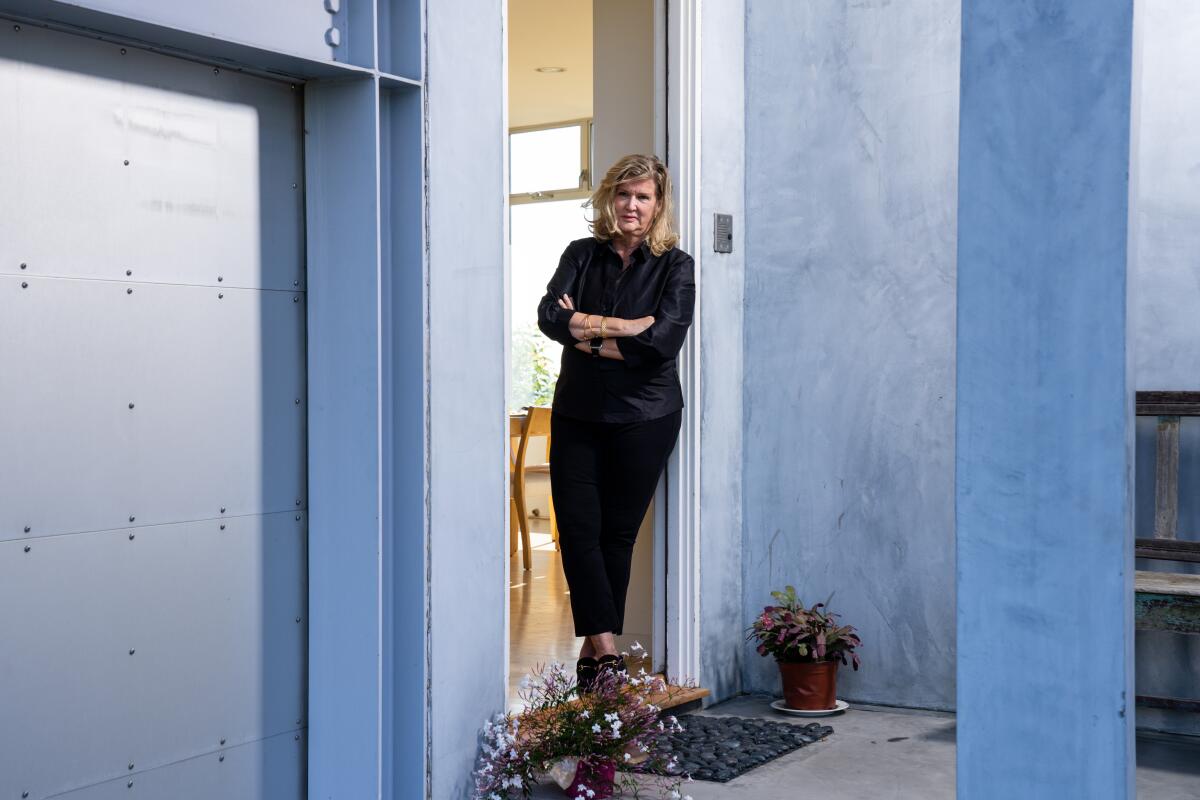
Entertainment is a high-touch business. Production crews consist of hundreds of individuals crowding together in enclosed spaces. Actors interact with each other in even closer proximity, as do hair and makeup artists. Craft services are a communal activity, while writers huddle around a table in a small room. And grips and set designers pass equipment and props back and forth.
It’s the kind of environment where if one person falls ill, their sickness passes through the entire cast and crew like a wildfire. Film and TV work is a hyper matrix of touch, sharing and interaction.
The ongoing public health crisis has shut down Hollywood in an effort to curb the spread of the coronavirus. Yet a vaccine is at least a year away. The number of cases is rising and much of the country remains under quarantine. While the Trump administration wants the country opened up by Easter despite health experts’ warnings, Hollywood has many concerns about going back to work under these circumstances.
As the industry adjusts to working under quarantine, many have quietly considered what this will mean when the shelter-at-home orders are lifted and film crews and cast go back to work.
This week Gloria Calderón Kellett, the co-showrunner of the Sony Pictures Television series “One Day at a Time,” made those private concerns public when she tweeted:
Can we have a real & honest conversation about the realities that need to be in place for us to return to work safely? I don’t see that happening in two weeks. For me, I’d need a fast test DAILY for all cast & crew. You? I want a solution. Let’s talk about it.
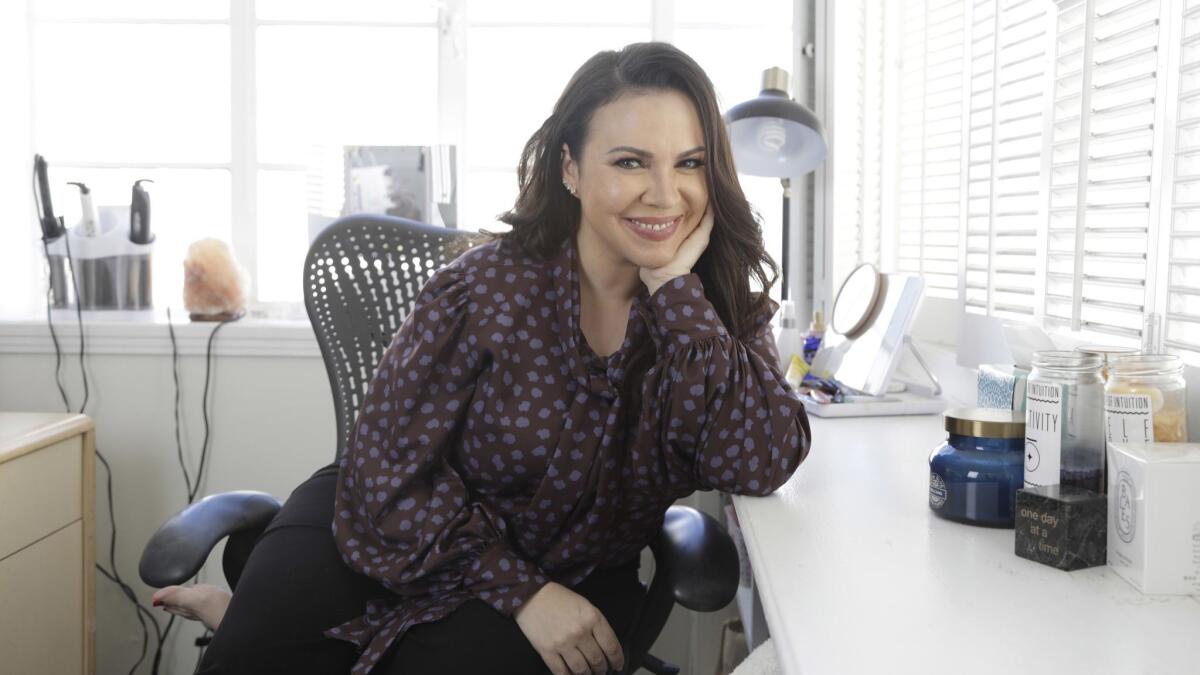
The Times put this question to 11 individuals working across the entertainment spectrum on sets, offices and writers rooms: What measures need to be in place to make you feel safe and comfortable going back to work?
Dennie Gordon
Director: “Tom Clancy’s Jack Ryan,” “Bloodline”
Based in Los Angeles
“That’s an interesting question. I just lucked out. I turned in two episodes of ‘For All Mankind’ to Apple TV just as this was breaking. While shooting, I was in charge of 200 people. We were at Sony, we were so close to each other and using the same handles, knobs, eating off craft services. We all work for these giant corporations and no one wants to risk the liability of bringing anyone back until this thing has burned out and passed or even until there’s a vaccine.
But I think there is no way to get that extra measure of comfort until I see the number absolutely plummet, even if there’s not a vaccine and we’re seeing no more new cases. There is so much unknown in terms of measures.
I used to do a lot of work in China. I was there during the SARS outbreak. We could start doing what they did. At studio gates you had your temperature taken even before you got on the lot. We could do as they do in Asia where on your phone you have a color code to show you’ve been tested, healthy and assigned a number. It seemed draconian but it was one way people can go back to work.”
Brian Kenyon
Assistant director: “The Departed,” “House of Cards”
Based in New York City
“I’m not sure how to even answer that. For myself, I have to see an overall decrease happening, especially here in New York City, whenever that might be and the tide has turned.
I think more people need to take more personal responsibility about hygiene. Film sets are not the most hygienic places. There’s a wide selection of people working together with hygiene habits all over the place. It’s a tight set with lots of people in the same physical space touching the same things. I’m not sure there are realistic options. I don’t see sets or offices being cleaned all day long.
[Kenyon was working on a Netflix series “Halston” before it got shut down.] Leading up to couple weeks before shut down, craft services and catering were taking bigger steps, they wore gloves, they weren’t allowing us to serve our own food. I imagine those steps will continue. But there’s a lot of unknowns and I’m not even sure what proposals there would be to get us back to work.”
Liz Feldman
Showrunner, creator of “Dead to Me”
Based in Los Angeles
“For me, as a showrunner, I take responsibility in creating a safe set. I can be responsible for myself, washing my hands, but we need to create a safe and comfortable environment for everyone to do their best creative work.
At a minimum, since we’re learning new things every five minutes about what this virus does and how it spreads, where we are sitting now there should be at least daily rapid-response testing on set. If you think of it like a bouncer at the door of a bar, I feel like we need to be checking the health of the people working with us. It might sound a little extreme, but if we did rapid-response testing we’d know every day that everyone is negative and that would do a lot to instill confidence.
Beyond that, I think we could have special sanitation teams on each crew solely responsible for continually sanitizing every surface in the common areas, and all the stuff we are obsessively cleaning in our own homes like doorknobs.
I’m just one little person who runs a show. I don’t run a studio or network, but if I did I would be diligently looking into getting as many tests as possible.”
Gary Lennon
Showrunner, executive producer “Hightown,” supervising producer: “Orange Is the New Black”
Based in Los Angeles
“That is an important question. I literally need to hear clearance not from Trump but those doctors and scientists that agree that it is safe to go back and things are back to normal.
We are currently working from home. I turned in a script yesterday. I can do conference calls, the writing next season can be done by Zoom and conference calls. I wouldn’t feel comfortable back in a writers room. Our whole staff was sick in January.
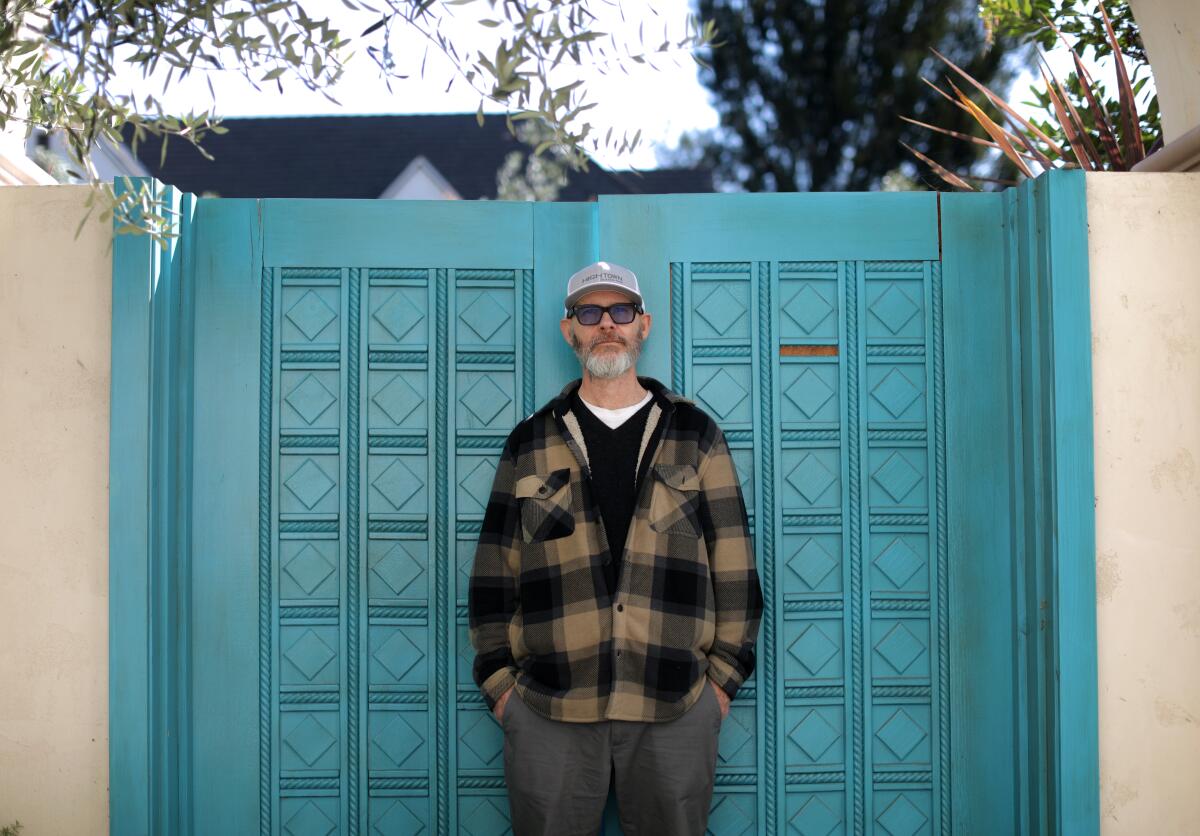
Often people do not want to seem weak. If they are sick, they tough it through. It seems obvious, but when someone is sick they need to be OK not coming in. I’d like to see something from the top, like the Writers Guild. I can as a showrunner implement from the top down but I’d like to see something from the top — like our company which is Lionsgate that owns Starz say if you’re feeling anything there is no pressure to come in. Take care of yourself, because then you’re taking care of all of us.
I think going forward I’ll be more conscious of my closeness to people. And I’ll be more vigilant about cleaning my office and my desk, computer and phone. There’ll be hangovers from this event and that might be a good thing.”
Fred Golan
Executive producer: “Justified,” “Sneaky Pete”
Based in Los Angeles
“Quite honestly, I don’t think people should go back until the doctors and scientists say we should go back, period.
I think there needs to be a larger conversation. People in managerial positions like showrunners can dictate their own terms, but the concern is for those that don’t have a say, those who are told they have to work or they will lose their jobs, below-the-line and lower-level people, even support staff that need the work for credits and the money and aren’t going to push back. It’s the same for restaurant workers and those in the gig economy who are ineligible for unemployment, those who are one paycheck away from not making rent. Ideally we need to create a social system where those people can make the best possible choices for their and their family’s well-being.
At the end of the day, we are all in this together. This has thrown social realities into high relief. You can’t put a gloss on it, you can’t PR past the talking points. If we do this wrong, we’ll end up with potentially tens of thousands dead.”
Deirdre Mangan
Supervising producer, writer “Roswell, New Mexico”
Based in Los Angeles
“It’s going to take a lot. I began prepping in February before the U.S. took it seriously. I got funny looks when I met my agent at Nate ’n Al’s wearing black medical gloves. I said, ‘they can give me looks now. In a week from now, we’ll know why.’
I’ll be looking to the CDC and WHO for when they start to ease things off because this is going to be a 12-18 month affair. When everyone goes back to work, this is such a paradigm shift and global trauma. I don’t know when I’ll be comfortable going back to work. I think I’ll be terrified the first time back on set. What will make me comfortable nationally is when we have barely any more cases. There has to be a national way to treat this, so we don’t need to go on respirators. Either there is a vaccine or at least a highly effective treatment and the hospitals are not overflowing.”
Joseph Sikora
Actor: “Jack Reacher,” “Ozark,” “Power”
Based in New York City
“For me the main thing I’ve been thinking about is the human aspect of being a carrier. I’m young enough and healthy so I’m not as worried for myself but I take all precautions and quarantining, but when I go back I fear I’ll be a carrier to elderly people and those at high risk.
I’d like to see testing for everybody and testing for antibodies to see if people had it and are immune to it. These shows are a village. Nobody is an island in our industry.”
Amy Holden Jones
Co-creator and executive producer “The Resident”
Based in Los Angeles
“Going back on set is complicated, it’s an enclosed space; people come and go. We don’t usually shoot until July and I hope by then the virus falls back but we don’t know. I don’t get to make that call; Disney will make that call, they own the show.
We could put protocols in place, for example take temperatures before coming on set, no open communal food. You have to run tests on the entire cast and crew and that’s just not easily done right now.
It is a tough call. I’m sympathetic with the notion that we don’t want to put the crew into a terrible financial situation either. Personally, I’d poll the cast and crew and ask them how they feel about going back in July. I’m not comfortable jeopardizing anybody’s health, especially since we’re a medical show.
Writers, showrunners and executive producers like myself can get on Zoom and conference calls. I’m doing a call tomorrow with residents at Brigham and Women’s Hospital. Their residents are fans and pitch ideas. Writers have this big advantage.
But my answer is that I’m not comfortable with any protocols if the situation is we are still on lockdown and the Dr. Faucis of this world are still advising us to stay in isolation. Under those circumstances there are no protocols that will make it feasible. Right now there should be protocols for all kinds of things that don’t exist.”
Rob Hardy
Director, producer, executive producer: “All American,” “black-ish” “Grey’s Anatomy”
Based in Atlanta
“I think I need to see a shift in what’s happening with the virus. Time is our friend in this. I need time, I think, as the numbers decline and as the temperature gets warmer outside.
I think you could say in concept that the nature of what we’re doing provides challenges in a business that requires that we work close together. It makes it tougher. I can always wear masks and gloves sure, but you can’t do that in front of the camera.
I think that if a vaccine is in place and it’s tried true, while I might be gun-shy I’d go to work. I don’t know what other circumstance can be done to make things safe.”
Stewart Schill
Editor: “American Crime Story,” “Dexter”
Based in Los Angeles
“I feel like we first need to get past the point of peak infection, where a lot of people have gotten immunity to the point where the risk will be tolerable. My typical role as an editor, I’m closed in production office. But there is way more exposure among the crew that makes me more nervous about going back to the office.
We were shooting up to the point when all production was shut down. At first people were doing elbow bumps, acknowledging this was happening, but the gravity of it hadn’t sunk in. I think that even when we go back, people aren’t going to be shaking hands or be as touchy-feely as they often are.
It’s so interesting just watching movies now and seeing people shaking hands and hugging, it seems like a vestige of the past.”
David Knoller
Executive producer: “Power,” “Big Love”
Based in Los Angeles
“Once there’s a test and if everyone is tested I’d feel better, and I know that going into the workplace no one was positive would make me feel more comfortable. I think everyone feels that way.”
More to Read
Inside the business of entertainment
The Wide Shot brings you news, analysis and insights on everything from streaming wars to production — and what it all means for the future.
You may occasionally receive promotional content from the Los Angeles Times.
